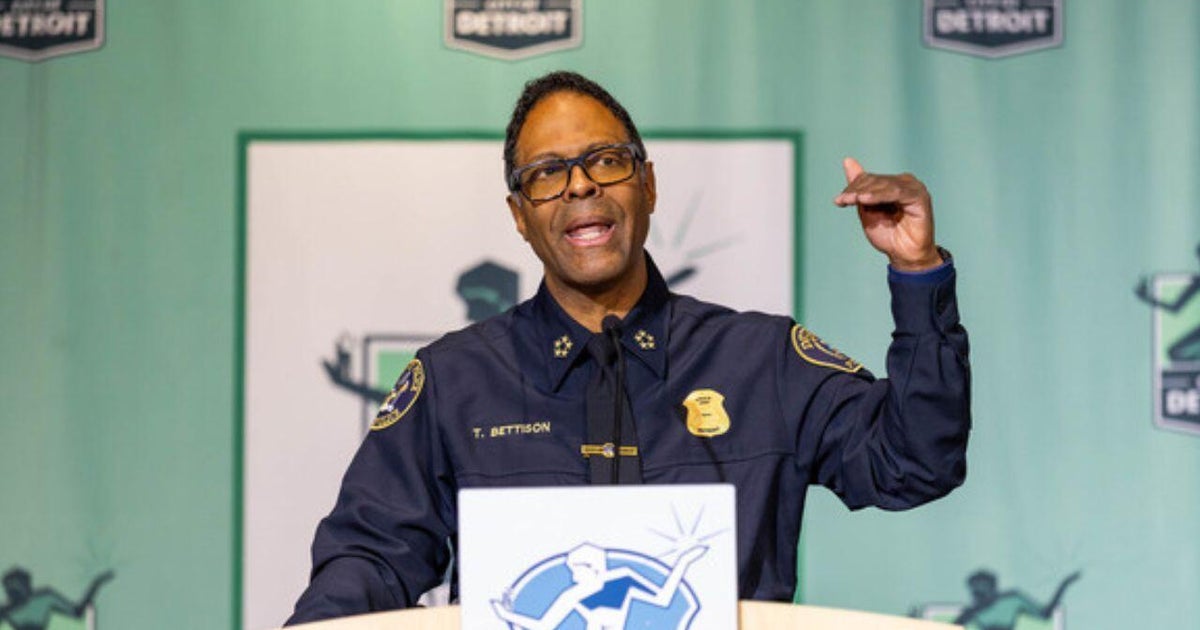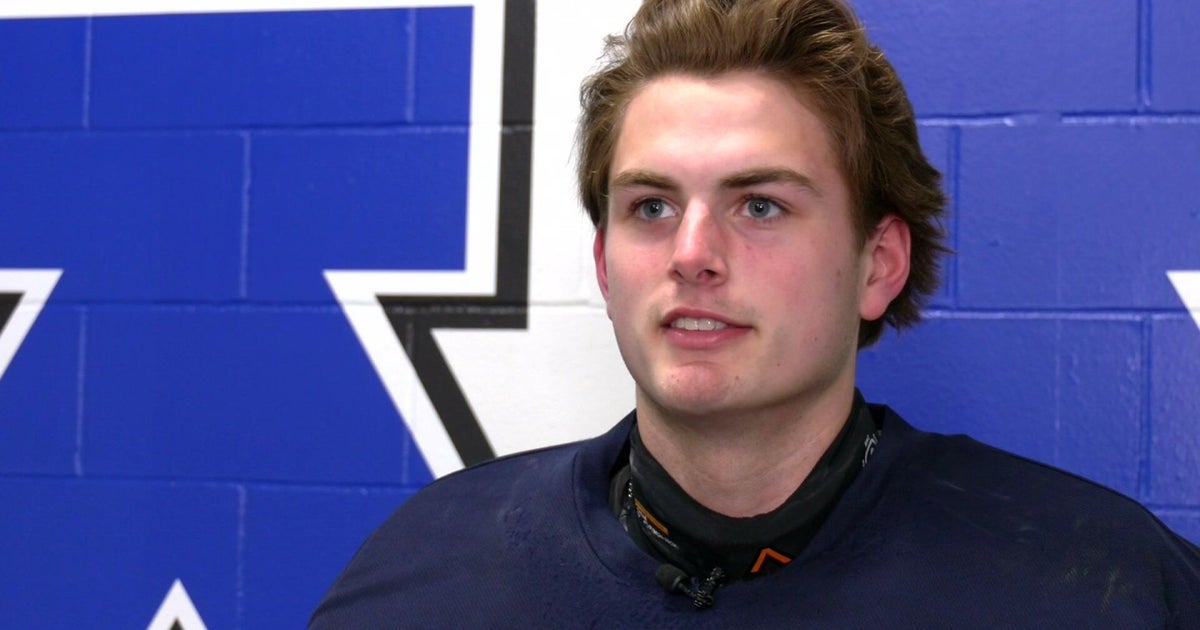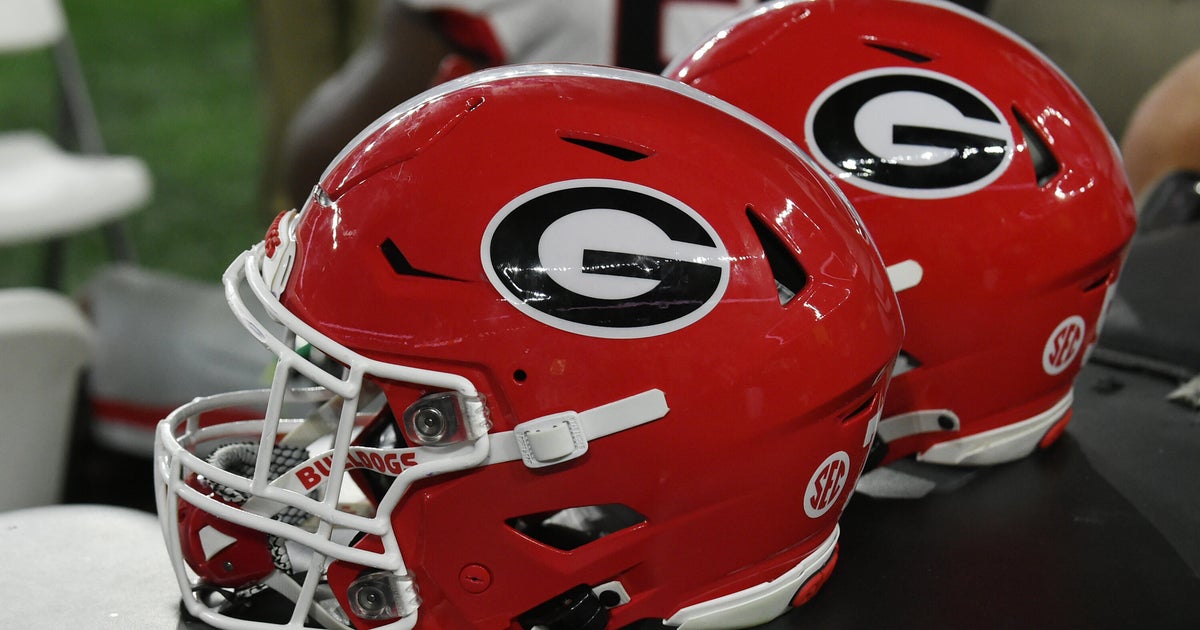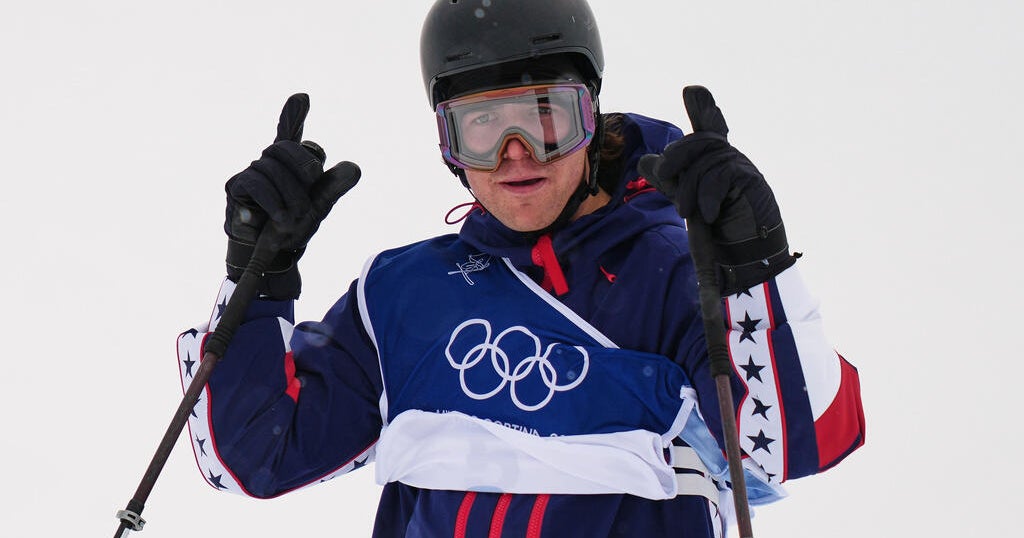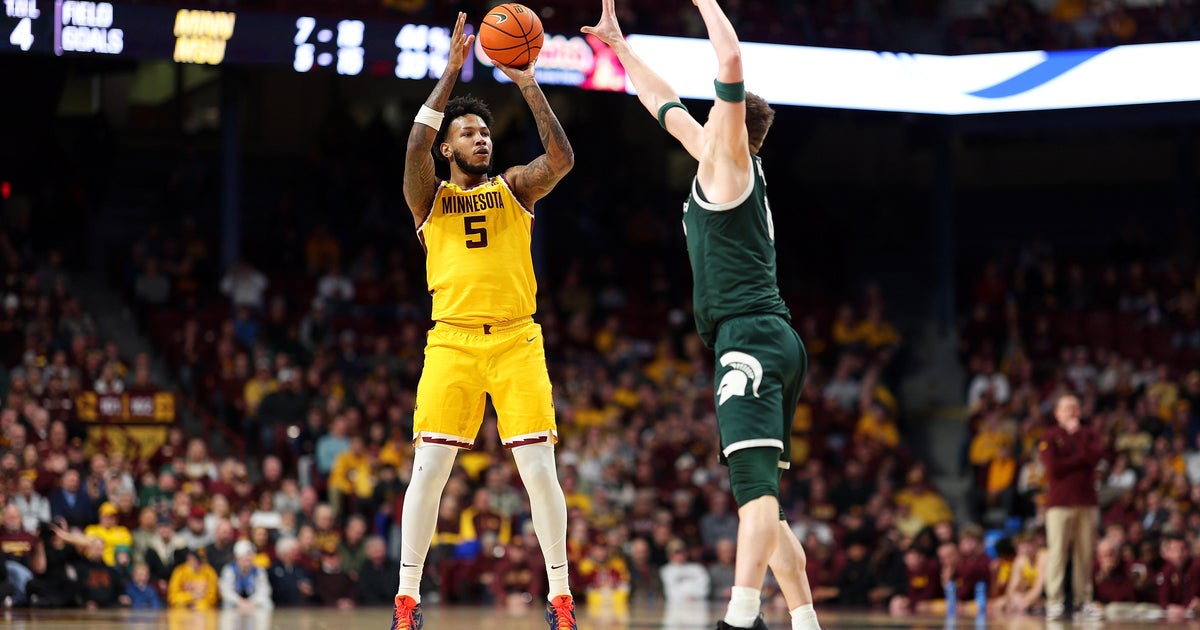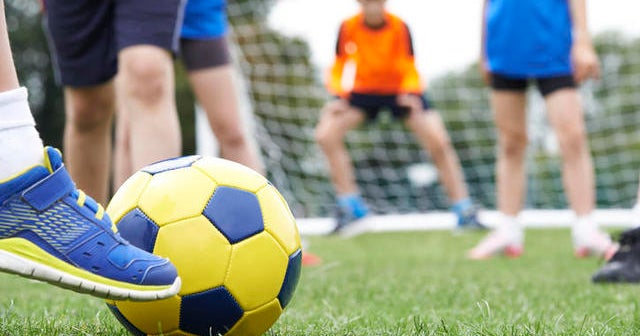Suspensions Not Enough Medicine For NFL Headaches
Jim Litke, AP Sports Columnist
NEW YORK (AP) -- Apparently players aren't the only people suffering debilitating headaches these days, and worse. The NFL brass is downright delusional if they think the laws already on the books are tough enough to make the problem go away.
The league is running low on able bodies as it is, and stiffer fines and suspensions for any player who knocks another one out — after the fact — won't keep any more of them on the field.
On top of that, the pace of play is already driving viewers crazy in the closing minutes of games, choking off excitement while officials watch too many replays to backcheck too many rules. Eventually, one of those rules is going to break the fans' backs.
The only benefit in the debate so far — unintended, it turns out — has been watching out-of-shape sportswriters, anchors and even former players reminisce about how good tackling was back in the day. The guys who used to play, one talking TV head after another assures us, "knew how to wrap an opponent up" — which is true only if they're remembering the years before players wore helmets.
Violent hits aren't new, but the size, speed and power of the players is. More than a few people have been focusing on the ramifications for years without making much of an impact.
Everybody was warned that when 300-pounders can run like gazelles, even incidental contact can translate into broken bones. When they collide full-on, well, even the rash of concussions plaguing the game doesn't seem like the worst possible outcome, since at some point the injured player regains the use of his limbs.
The culture of the game has changed, too, and not for the better. There were nearly three dozen players sidelined with head injuries or concussions in the first six weeks of the season — nearly 40 percent more than at the same time last year — but the number is closer to four dozen if you count training camp and exhibition games.
Judging by their reactions, the players couldn't care less.
If anything, they're upset over the threat of punishment for doing their jobs too well. Two of the three players hit with heavy fines — Steelers linebacker James Harrison (docked $75,000) and Falcons cornerback Dunta Robinson ($50,000) — have already said they will appeal.
"I applaud the guys trying to protect us as players," said All Pro defender Dwight Freeney, expressing a sentiment repeated by other players in countless interviews and tweets, "but this is football."
So what to do?
The NFL is not like NASCAR, another sport that trades on its most spectacular crashes. The league can't slap restrictor plates on the players' motors to slow them down. Besides, collisions aren't a byproduct of competing in football, the way they are in auto racing and hockey; they're the very foundation of the game. Those who argued Sunday's carnage was the result of a "perfect storm" should be bracing for a whole lot more of them.
Fines, no matter how stiff, aren't going to make players change. That point was argued persuasively by agent Brian Ayrault, whose client, Cleveland's Mohamed Massaquoi, was knocked silly by Harrison on Sunday.
"Harrison has made $20 million over the past three years, and they only fined him $75,000?" he said. "To me, that's not going to be a deterrent. The Browns are probably going to be without a starter this week. I don't think that fine is a deterrent or fair to competitive balance."
Neither is a suspension, though it's heading in the right direction. If Commissioner Roger Goodell wants to make a dent, in addition to a hefty fine, any player found guilty of headhunting should be suspended for the same time it takes the injured player to recover and return to the lineup.
But there's no need to stop there. Too often teammates and coaches view one player's suspension as another's opportunity. Justice would be more of a deterrent — not to mention swifter and more satisfying — if some of it was dealt out on the spot.
One idea making the rounds was promoted in the New York Times. It proposed that a 30-yard penalty be assessed from the point of the foul, a potential game-changer to be sure and something that would get everyone's attention.
"We might circle back to that in the offseason; all of those things are on the table," NFL executive vice president for football operations Ray Anderson told the newspaper.
The sooner the better, it says here. Players are already grousing about having to adapt their play to a toughened standard in midweek; tougher penalties won't affect what they do on the field, only give them more incentive to adapt sooner.
All this comes against a backdrop of unsettling labor negotiations and discussions about extending the regular season to 18 games. That's going to require a lot more bodies, so if for no other reason, it's incumbent on the league to get the current players to quit trying to tear off each other's heads as soon as possible.
___
Jim Litke is a national sports columnist for The Associated Press.
Copyright 2010 The Associated Press.
